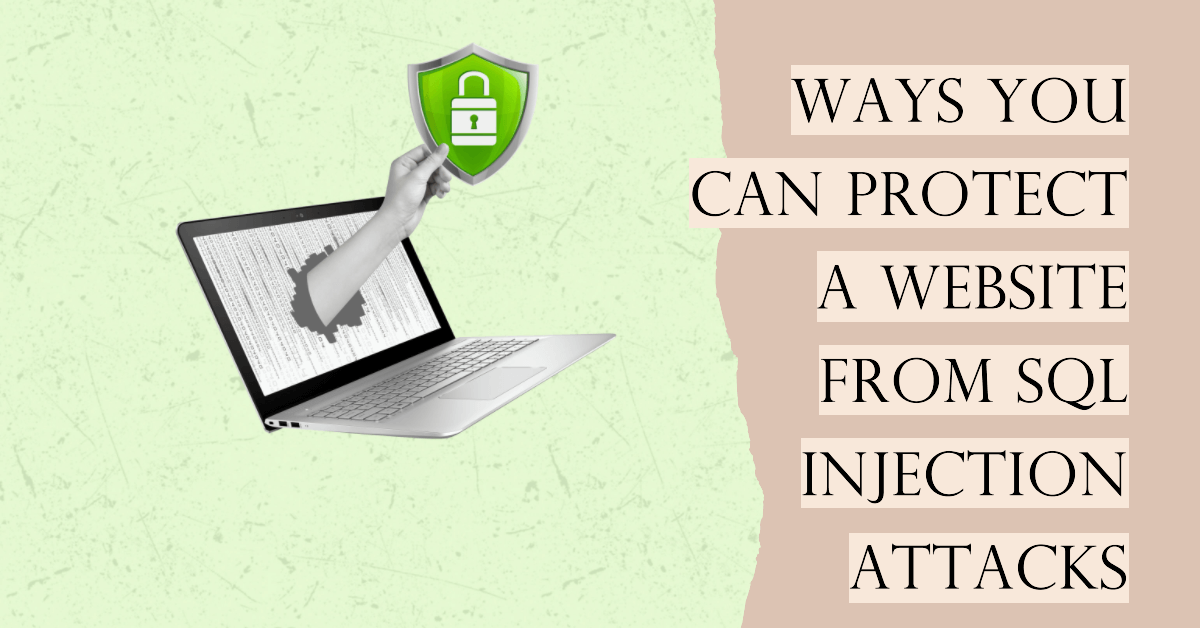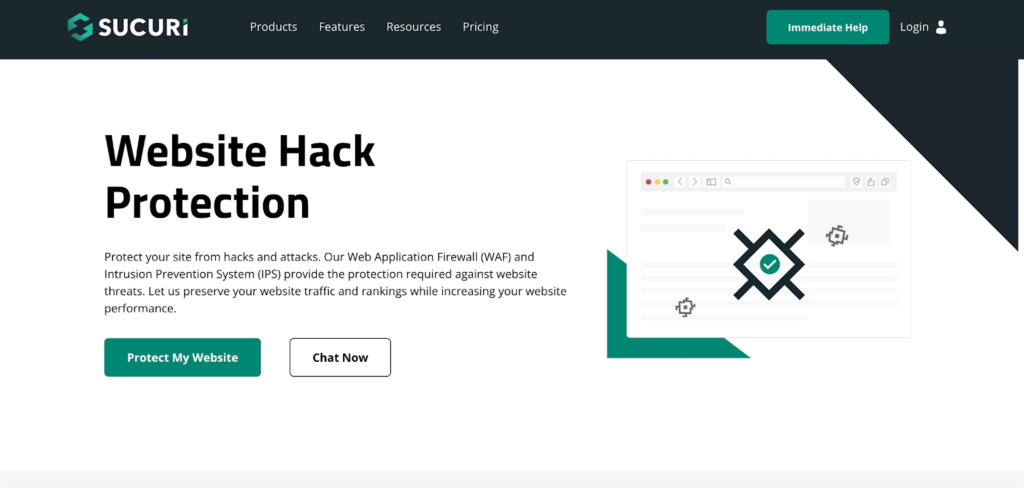Ways You Can Protect a Website From SQL Injection Attacks

SQL is a programming language that enables you to manipulate datasets using code lines. Businesses usually use SQL to protect their data and create strong codes. However, some cybercriminals have found a way to break through your SQL lines and inject malicious codes you won’t initially notice.
This is known as an SQL injection attack and can severely damage your datasets and personal information. Since this programming language is rising, you should learn to protect your codes from such vulnerabilities.
Six ways on protecting a website from SQL injection attacks
SQL injection attacks can result in data theft and modification. To protect yourself, you should update your website, use input validation, protect sensitive data, restrict access, monitor your codes, and use detection tools, as you will see below.
- 1. Update your website regularly
- 2. Use input validation
- 3. Don’t store sensitive data
- 4.Restrict access to your database
- 5. Monitor application communications and database input
- 6. Use an SQL injection detection tool
1. Update your website regularly
Updating your website regularly will provide you with security patches. These patches will detect your website’s vulnerabilities and “heal” them, leaving no space for attackers to break through your website.
You should update your website frequently to avoid breaches and vulnerabilities.
2. Use input validation
Input validation includes inspecting user data and detecting malicious behavior. If someone uses potentially dangerous datasets, you can automatically ban them from your website to keep it safe.
There are various ways to incorporate this method into your SQL codes, such as input sanitization, whitelisting, server-side validation, etc.
3. Don’t store sensitive data
Even if you implement safeguards and protection tools, no one can guarantee that cybercriminals won’t find other ways to access your codes.
You shouldn’t store sensitive data on your SQL database to ensure it is undetectable. Instead, you should opt for encrypted storage solutions, dedicated servers, etc.
4. Restrict access to your database
Giving access to many parties may turn out fatal for your SQL datasets. Instead, you should only provide access to trusted parties who will maintain your codes.
If you give access to other parties, you may endanger your security and experience data breaches, so be careful with your permissions.
5. Monitor application communications and database input
Monitoring your codes is essential for the early detection of malicious behavior. You can prevent injection attacks by tracking your application’s communication and viewing what goes into your codes.
However, you may need help with this step – you can use various tools to detect malicious inputs and potentially dangerous conversations to keep your SQL environment safe.
6. Use an SQL injection detection tool
Using an SQL injection detection tool is a must for top-tier protection. One of the best tools you can use is Sucuri Website Hack Protection, which will monitor your codes and automatically ban malicious traffic.

This versatile tool incorporates all the tools mentioned above in one, providing your website with high security.
Scan Your Website With Sucuri To Detect Security ThreatsConclusion
If you own a website that uses an SQL programming language, protecting your codes and keeping them away from potential risks is essential.
We have mentioned effective ways that will protect you from injection attacks. However, it would be best to use an all-in-one tool like Sucuri to incorporate all security measures and be worry-free.
